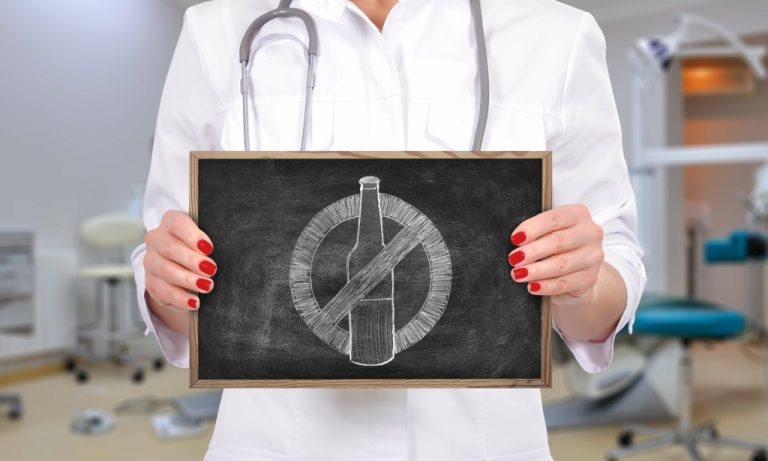This could mean that the way our brain is wired has something to do with our relationship with alcohol. It is no secret what is alcoholism that the genes we inherit from our parents determine simple physical traits such as hair color and height. That comes down to a mixture of certain genes, which include a randomness component related to the allele—or gene variant—we inherit. But when it comes to more complex human features, the connection to our genes is less clear. The impact of genes on behavior like alcohol use or even sexual orientation has long been the subject of scientific debate.
Tests Used To Diagnose Alcoholism

One of the main factors in understanding the genetic predisposition to alcoholism is the individual’s genome. The genome is the complete set of genetic material in a person’s cells and is responsible for determining many aspects of their health and development. The long arm of Chromosome 7 contains the acetylcholine receptor gene CHRM2 (cholinergic muscarinic 2 receptor). The journal Genes, Brain and Behavior publishes that this gene has been linked to a heightened risk of alcoholism. CHRM2 is thought to influence the limbic and cortical structure of the brain involving learning and memory functions, information processing, and attention levels. Several different single nucleotide polymorphisms (SNPs) of CHRM2 are believed to increase the odds of developing alcohol dependence, which can lead to alcoholism and influence its heritability.
Freedom from alcohol starts with a single choice: The decision to seek help.
- This is because that if you have one of these genes, you will struggle to metabolize alcohol safely, leading to nausea, rapid heart rate, and flushing when alcohol is consumed.
- Many experts believe there are hereditary and genetic factors that contribute to addiction.
- Supportive networks should also include access to professional guidance and counseling services for individuals with a genetic predisposition to alcoholism.
- Alcohol use disorder (AUD) is a chronic condition with serious effects on individuals and society.
- For many people, drinking alcohol is also a social activity and is perceived as a way to fit in, especially while underage.
If you are seeking treatment for problem alcohol use in yourself or a loved one, The Recovery Village has locations across the country and is here to help.Contact ustoday to explore treatment options. While alcoholism and genetics can explain why the condition runs in families, it’s important to realize this isn’t the only reason. It’s also not guaranteed, as about half of the risk is due to factors aside from genetics. The risks of smoking were first widely publicized by the Surgeon General’s Report of 1964, and the combination of that medical information and social pressure has reduced the prevalence of smoking over the subsequent decades. An individual’s awareness of personal genetic medical risks may similarly change his or her choices.

Gene-Environment Interactions in Alcoholism

This means about half of an individual’s susceptibility to developing AUD can be attributed to their genetic makeup, while the remaining risk is shaped by environmental factors. The question of whether there is a single “alcoholic https://ecosoberhouse.com/ gene” is common, often stemming from the observation that problems with alcohol can run in families. This search for a simple genetic explanation is understandable, but the scientific reality is more nuanced.
The Link Between Genetics and Alcoholism – Understanding the Role of Genes in Alcohol Addiction
- If you or a loved one suffer from Alcohol Use Disorder, reach out to us at Avenues Recovery so we can guide you on your road to recovery.
- Understanding the role of genetics in alcohol use can be easier when you see it play out in real-life family scenarios.
- For example, living with parents who drink alcohol in front of you, encouraging you to drink it with them, or pressuring you to drink increases your chances of having alcohol-related issues.
A key aspect of the new study is that it included genetic data from people of European (46,568) and African (6,280) ancestry. Although the same ADH1B gene was linked to alcoholism risk both in people of European ancestry and African ancestry, the researchers found that different variants in the gene altered risk in the two populations. Other research has revealed that the same variation in the same gene as occurs is alcoholism a genetic disease in Europeans also influences risk in people of Asian descent, but that data was not included in this study.

